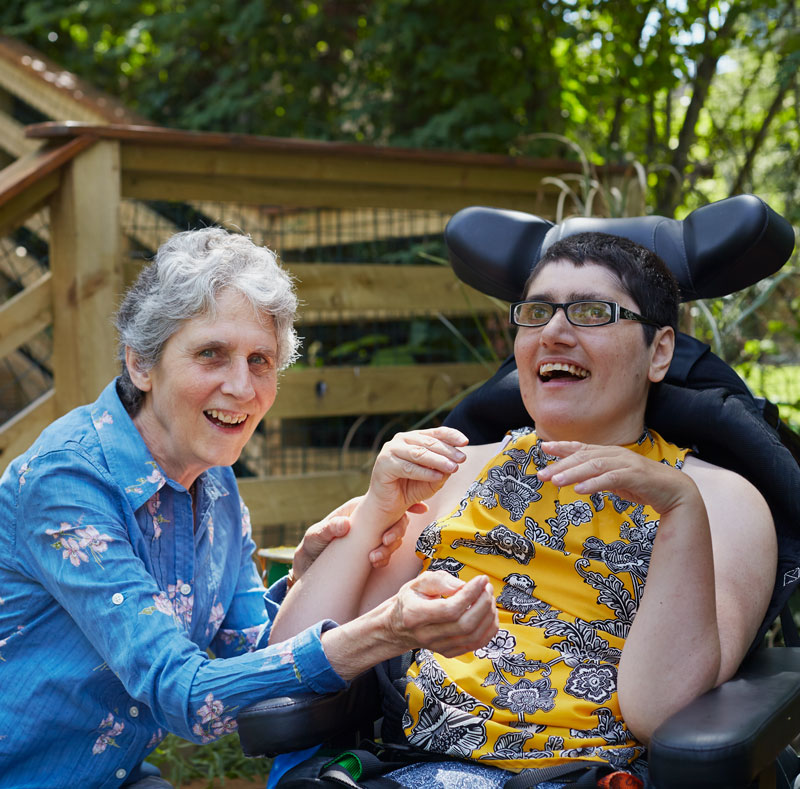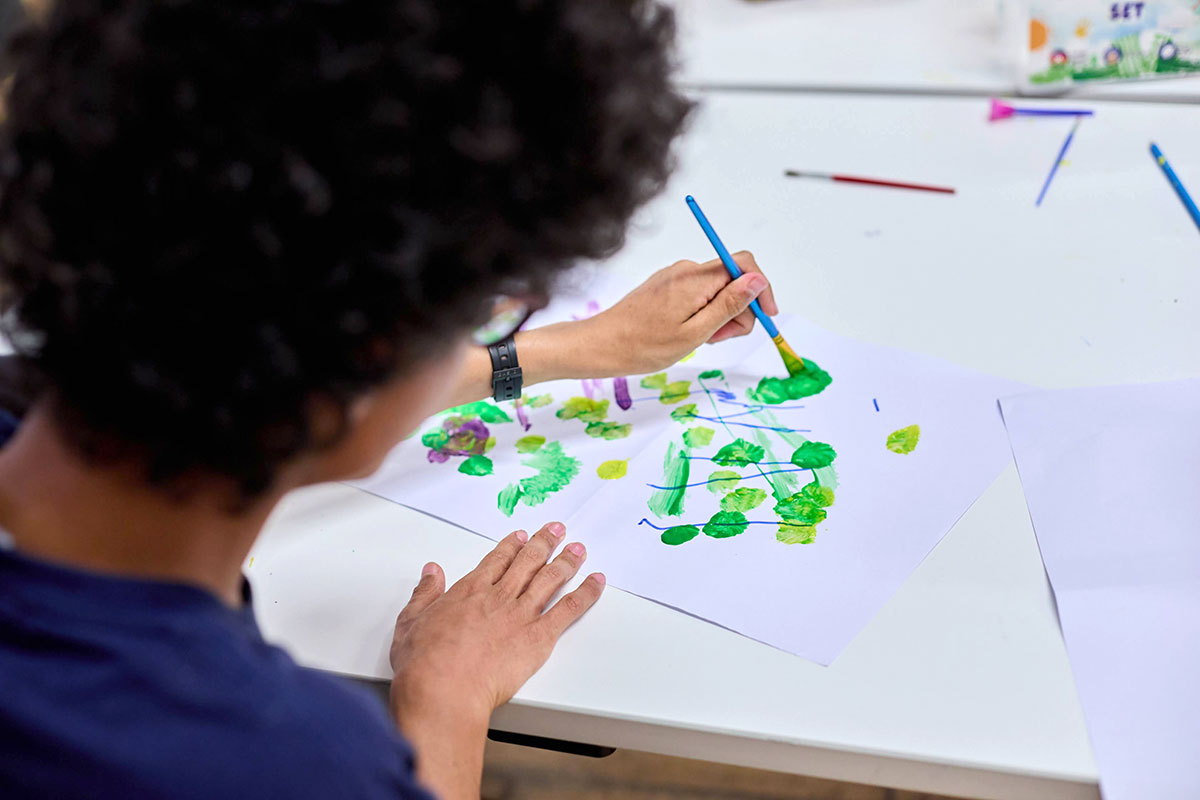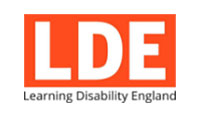
Centre 404 can host your event and is available for private hire

Centre 404 can host your event and is available for private hire



Research has shown that Positive Behaviour Support can help to make significant and meaningful differences in the lives of people with a learning disability, and/or Autistic spectrum condition.

We conduct an initial needs assessment of people we may be supporting, to help us to understand their personality, behaviours, mood, cognition, overall health, and most importantly their personal goals and aspirations. This enables us to establish how the person can be supported by Centre 404 in the future, to best meet their hopes and needs.
An agreement is then made between the service user, a family member (if involved), and social worker/care coordinator/representative, for an individual to receive support from Centre 404. This details the amount of support hours which will be provided as well as, days of the week support will be provided, areas of support, strengths, difficulties and goals, details of next of kin, social workers etc. Once this is agreed, support arrangements, start dates, documentation including risk assessments and initial PBS plans are created.
Developing connection and rapport (through regular support sessions)
Cultivating a positive relationship, trust and respect is a vital aspect of our PBS approach. Once this is established between the person we are supporting and their designated PBS support workers, this often opens the door to greater cooperation and openness for the pursuing of various goals and aspirations that are important to the person being supported.
Functional Assessment, observation & understanding behaviours
PBS involves continuous commitment from our trained support teams and management in the observation and understanding of the behaviours presented by the people we support. This is to deepen our awareness as to ‘why’ a person may behave the way they do, the emotion that they are experiencing, and the functions the behaviours may be serving.
Creation of PBS plans and interventions (evidence-based)
Based on our continuous observations, working relationship, and further assessments we then develop a personalised PBS plan for the person we are supporting. This consists of information about their personality, likes, dislikes, proactive and reactive strategies that appear to work well for the person, and specific plans as to what we are aiming to accomplish with them and why.
Monitoring wellbeing & progress
We monitor and track the wellbeing, behaviour, and progress, of the people we support, this is an important aspect of positive behaviour support, and enables us to learn about patterns that occur over time and make necessary adjustments to the way we support a person, to help optimise their quality of life.
Reviewing and Evaluating
We review our support sessions, PBS plans and interventions to ascertain what appears to have worked well for the people we are supporting as well as highlighting challenges that they may be experiencing. Our reviews take place frequently and this allows us to learn and adjust our support more effectively in the future.
Recognising the need for meaningful activities, the support team worked closely with Aliston to introduce him to different outdoor pursuits and practical routines that could be replicated at home.

This case study highlights the significant improvements Gary has made in various aspects of his life with the support of Centre 404's PBS team.










